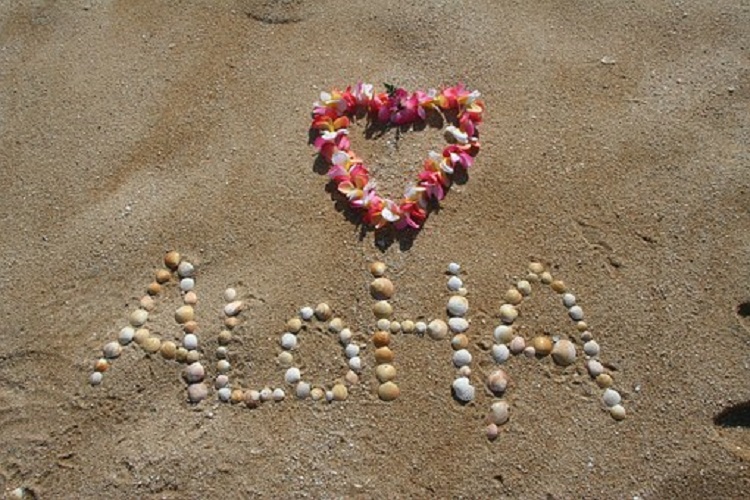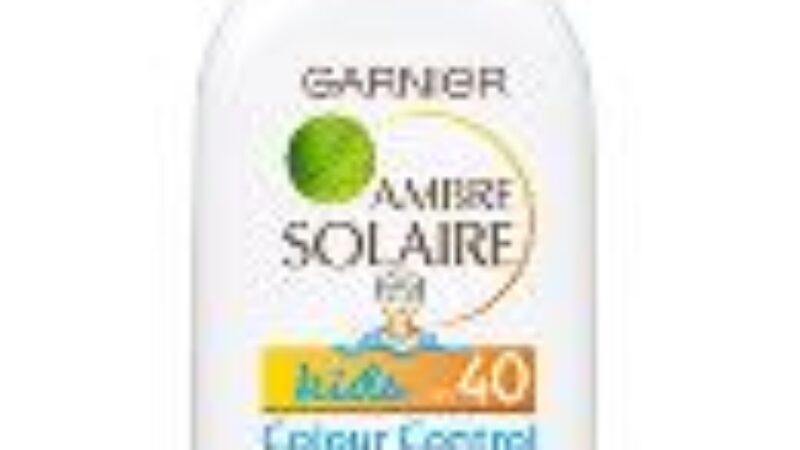Earlier this month, Hawaii state lawmakers passed a bill that would ban the sale of sunscreens containing oxybenzone and octinoxate, chemicals that have been found to harm coral reefs. And if signed into law by Hawaii’s Governor, David Ige, sunscreens containing those ingredients will no longer be sold in stores in the state by July 2021.
Although scientists and environmentalists are strengthened by the move, this is but the first step in a long process that may take years before we can truly celebrate. In 2015, a study released by the non-profit scientific organization Haereticus Environmental Laboratory in Virginia put forth the argument that oxybenzone is significantly contributing to the decline of the coral reefs, particularly in Hawaii and the Caribbean where large numbers of tourists, using sunscreen, tend to visit. Oxybenzone has been found to contribute to coral bleaching, caused when stressed coral expel the algae living in their tissues, leaving them bleached and vulnerable to disease and mortality and disrupting the delicate balance of coral reef ecosystems.
According to the study, oxybenzone can be fatal to baby coral and extremely damaging to adult coral, altering their DNA and impacting their formation. It is estimated that 80% of the coral reef in the Caribbean has been lost and that preserving the existing global coral reef population will be an uphill battle if the risk factors do not improve.
A more recent study in November 2017 by Craig Downs of Haereticus, conducted at the request of the non-profit Friends of Hanauma Bay on Oahu, found toxic levels of oxybenzone in Hanauma Bay. Downs stated that anything above 50 nanograms per litre of seawater to oxybenzone can induce toxicity in many marine orangisms. In some samples taken from Hanauma Bay, levels reached an astounding 29,000 nanograms per litre.
The bill banning sunscreens containing oxybenzone and octinoxate was introduced by Senator Wil Espero in 2017 but was unsuccessful. Reintroduced in 2018 by Senator Mike Gabbard as SB 2571, the bill was passed by the Hawaii Senate and House of Representatives on May 1 and now awaits being signed into law, but that fate is still very much in the air.
Opponents of the bill include large pharmaceutical companies that manufacture sunscreens containing one or both of those FDA-approved chemicals. In fact, oxybenzone is a common ingredient in many sunscreens made for the US market, given that no new sun filters have been approved by the FDA since 1999 despite many newer- generation, stable sun filters that have been available in Europe, Asia and Canada. The Consumer Healthcare Products Association, a trade association consisting of manufacturers and distributors of over-the-counter drugs and supplements, maintains that Hawaii’s ban would in fact put its visitors and citizens at a higher risk of skin cancer.
Supporters of the bill, however, note that reef-friendly sunscreens which are free from oxybenzone and octinoxate are already available. Some major sunscreen manufacturers have already begun to offer formulas that contain neither of the chemicals in question. And some aquatic nature parks and delicate coral reef areas already ask visitors to use biodegradable sunscreen containing only zinc oxide and/or titanium dioxide that both protect the skin and minimize the harm to the environment.




